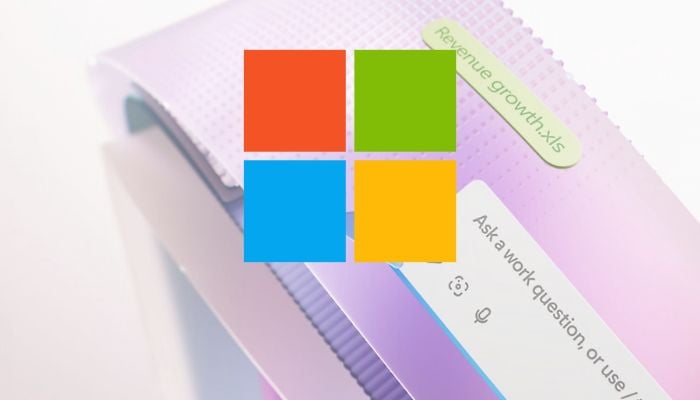
Microsoft is making changes to its AI-powered 365 Copilot tool, aiming to include in-house and third-party AI models. This move reduces its reliance on OpenAI, which currently powers 365 Copilot with the GPT-4 model.
Microsoft’s strategy is to cut costs and improve speed, making the tool more efficient for enterprise users.
Launched in March 2023, 365 Copilot integrates AI into popular tools like Word and PowerPoint, offering smart assistance for tasks. However, running the GPT-4 model can be more expensive and slower than desired for some customers.
To address this, Microsoft is developing its own smaller AI models, like Phi-4, and customising open-weight models to fit specific needs.
A Microsoft spokesperson confirmed the continued partnership with OpenAI for advanced AI models. However, Microsoft is increasingly using a mix of OpenAI’s technology and its own models.
GitHub, a Microsoft-owned platform, has already adopted models from Anthropic and Google alongside OpenAI tools for its chatbot Copilot.
These changes aim to make 365 Copilot more affordable and efficient, potentially lowering costs for users. Microsoft hasn’t disclosed specific sales figures, but it claims that 70% of Fortune 500 companies use its AI tool.
However, adoption among smaller businesses has been slow, with many only testing the tool. Research from Gartner shows most companies haven’t moved beyond pilot projects for 365 Copilot.
Despite this, analysts believe more than 10 million paid users will adopt it this year, highlighting its growing importance in the workplace.
















